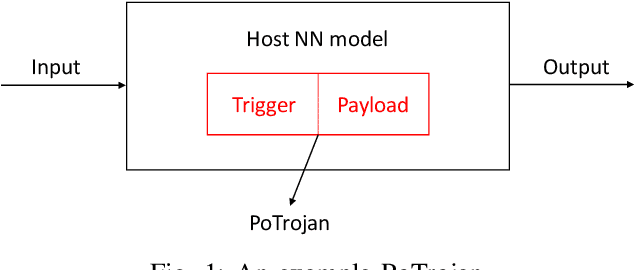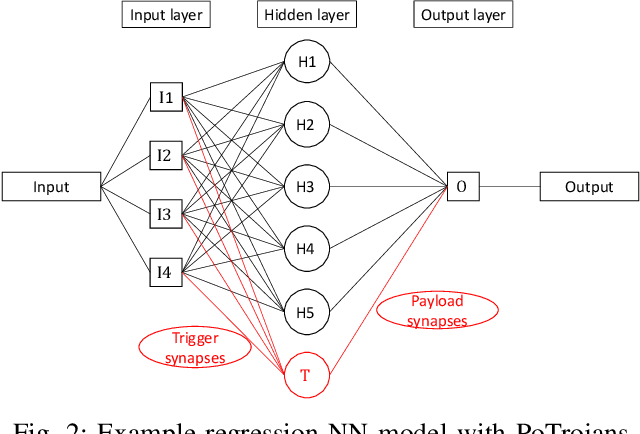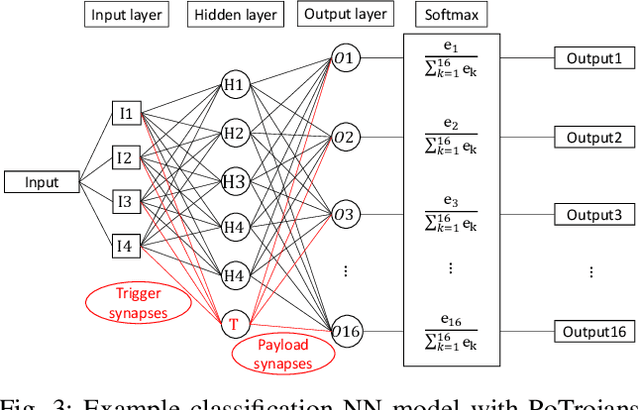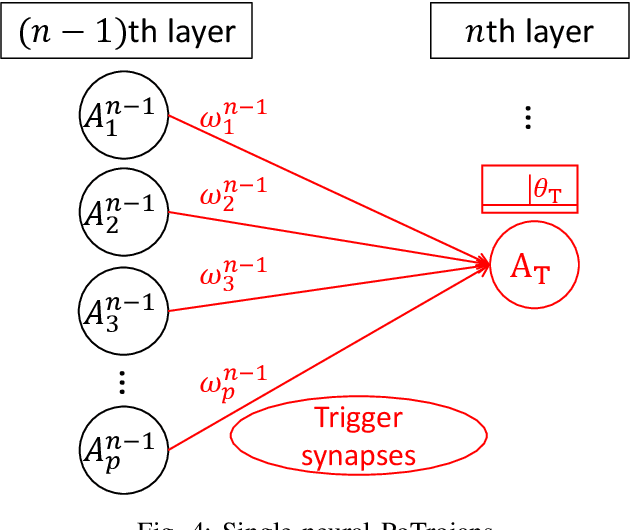WenZhan Song
Communication-Efficient Reinforcement Learning in Swarm Robotic Networks for Maze Exploration
May 26, 2023Abstract:Smooth coordination within a swarm robotic system is essential for the effective execution of collective robot missions. Having efficient communication is key to the successful coordination of swarm robots. This paper proposes a new communication-efficient decentralized cooperative reinforcement learning algorithm for coordinating swarm robots. It is made efficient by hierarchically building on the use of local information exchanges. We consider a case study application of maze solving through cooperation among a group of robots, where the time and costs are minimized while avoiding inter-robot collisions and path overlaps during exploration. With a solid theoretical basis, we extensively analyze the algorithm with realistic CORE network simulations and evaluate it against state-of-the-art solutions in terms of maze coverage percentage and efficiency under communication-degraded environments. The results demonstrate significantly higher coverage accuracy and efficiency while reducing costs and overlaps even in high packet loss and low communication range scenarios.
PoTrojan: powerful neural-level trojan designs in deep learning models
Feb 08, 2018



Abstract:With the popularity of deep learning (DL), artificial intelligence (AI) has been applied in many areas of human life. Neural network or artificial neural network (NN), the main technique behind DL, has been extensively studied to facilitate computer vision and natural language recognition. However, the more we rely on information technology, the more vulnerable we are. That is, malicious NNs could bring huge threat in the so-called coming AI era. In this paper, for the first time in the literature, we propose a novel approach to design and insert powerful neural-level trojans or PoTrojan in pre-trained NN models. Most of the time, PoTrojans remain inactive, not affecting the normal functions of their host NN models. PoTrojans could only be triggered in very rare conditions. Once activated, however, the PoTrojans could cause the host NN models to malfunction, either falsely predicting or classifying, which is a significant threat to human society of the AI era. We would explain the principles of PoTrojans and the easiness of designing and inserting them in pre-trained deep learning models. PoTrojans doesn't modify the existing architecture or parameters of the pre-trained models, without re-training. Hence, the proposed method is very efficient.
 Add to Chrome
Add to Chrome Add to Firefox
Add to Firefox Add to Edge
Add to Edge